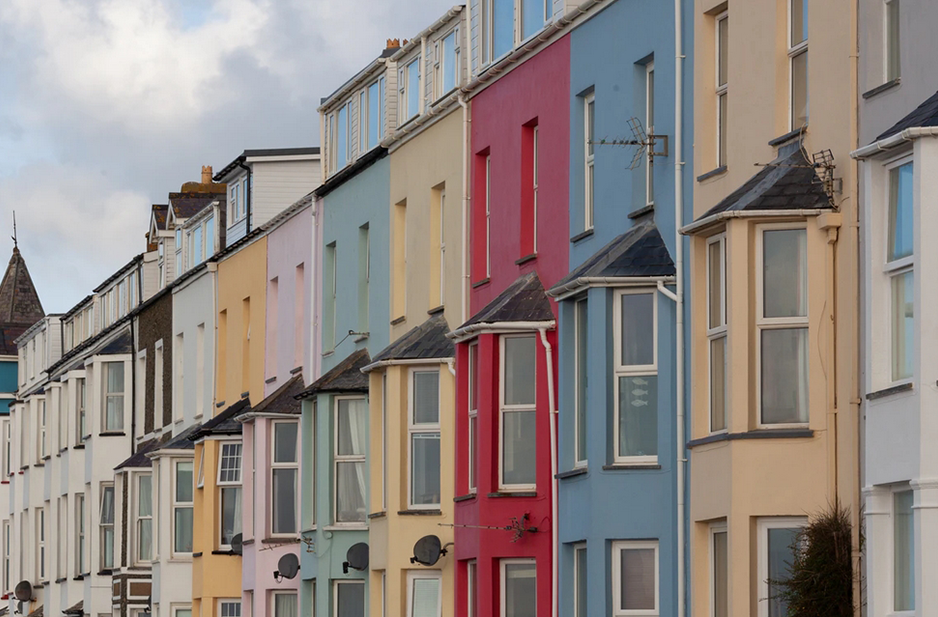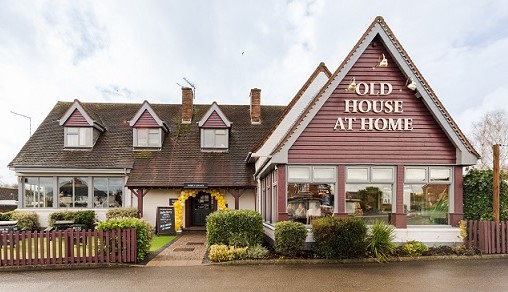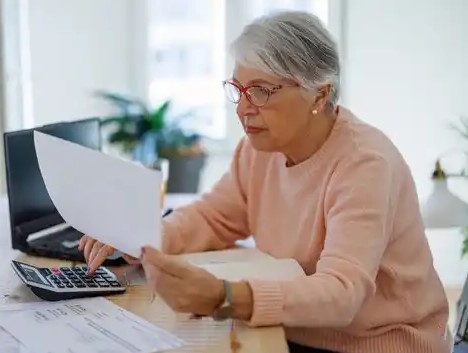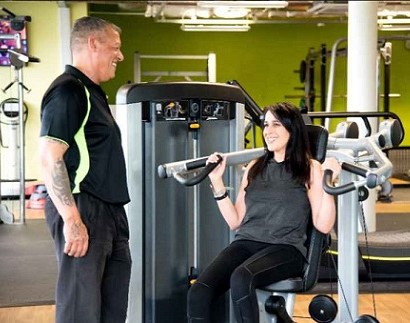Less than half of private renters in the West Midlands feel safe in their home during the current pandemic
A major report by Shelter has today exposed the ugly truth of the housing crisis, as regional analysis of England-wide polling data shows less than half (46%) of private renters in the West Midlands say their home has made them feel safe during the pandemic.
Calling on the Chancellor to act now to save the nation’s homes, the charity’s Building Our Way Out report outlines how a disastrous lack of social homes across the country has plunged England into a housing emergency, which is only intensifying as Covid-19 puts unprecedented pressure on those in poor housing.
With grim predictions on what lies ahead, Shelter is warning the government’s existing provision for delivering new social homes is woefully inadequate. There is currently only enough funding set aside to provide one social home for every 96 households on the waiting list. And with a swelling housing benefit bill forecast to hit £24 billion per year by 2024/25 - that does not account for the impact of the pandemic - it is urging the Chancellor to intervene. By introducing a rescue package of investment in social housebuilding, Shelter argues the government could provide thousands with a safe home.
The charity’s research demonstrates just how badly decent, affordable social homes are needed. According to a poll of English adults carried out by YouGov for the report, many private renters in the West Midlands continue to spend the pandemic stuck in poor-quality, expensive and overcrowded accommodation:
104,000 (14%) of adult private renters in the region are constantly struggling with their rent or are already falling behind.
196,000 (26%) live in poor conditions, with electrical hazards, pests or damp-related issues in their home.
169,000 (35%) say they pay too much for the quality of home they have.
112,000 (15%) say a lack of indoor living space made lockdown harder.
Polly Neate, chief executive of Shelter, said: “Our homes are our first line of defence in this pandemic. But thousands in the West Midlands have spent months trapped in private rentals they do not trust to keep them safe. And right now, there is no light at the end of the tunnel.
“After decades of decline, a dire lack of social homes means too many people, pay too much for cramped and poor-quality housing. Or worse yet they find themselves with nowhere to live. With the stakes so high, the case for building decent social homes is clear.”
Shelter’s report calls for a targeted rescue package of £12.2 billion over the next two years to fund a total of 50,000 new social homes, out of a total of 145,000 new affordable homes. These 50,000 new social homes equate to almost four times the number of social homes currently delivered each year. Funding this programme could kickstart the post Covid recovery and reverse years of decline in social housebuilding.
Polly Neate continued: “Before a thundercloud of homelessness breaks over us, the Chancellor needs to be as swift and bold on housing as we’ve seen him be on jobs. By turbocharging investment in social housing today, we can build ourselves out of this pandemic and lay the foundations of a better future.”
Case study: Michelle, 58, is a store manager living in Hereford with her son. She was diagnosed with a serious and life-limiting condition in February of this year and has been shielding throughout the pandemic. In July after just four months in her home, she was served with a Section 21 ‘no-fault’ eviction notice by her landlord because he wanted to sell the property.
Michelle said: “I feel so tired of the renting game. When you’re in your late 50’s like me, even on a good wage there’s no way you can get a mortgage. So, you’re left with private renting.
“I was diagnosed with severe Vasculitis in February this year, and then in July, after only four months in my home, my landlord gave me an eviction notice because he wanted to sell. I was in shock. I had to look for a new home while I was highly vulnerable and shielding.
“If I could live in a social home, it would give me such peace of mind that I won’t have to move every six months. It would mean I could unpack, put things up on the wall, have a cat. Just little things in life that would make such a big difference. All I can do now is put my pictures on the hooks the landlord has left. It sounds really basic, but it is part of wanting to make a home.”
















